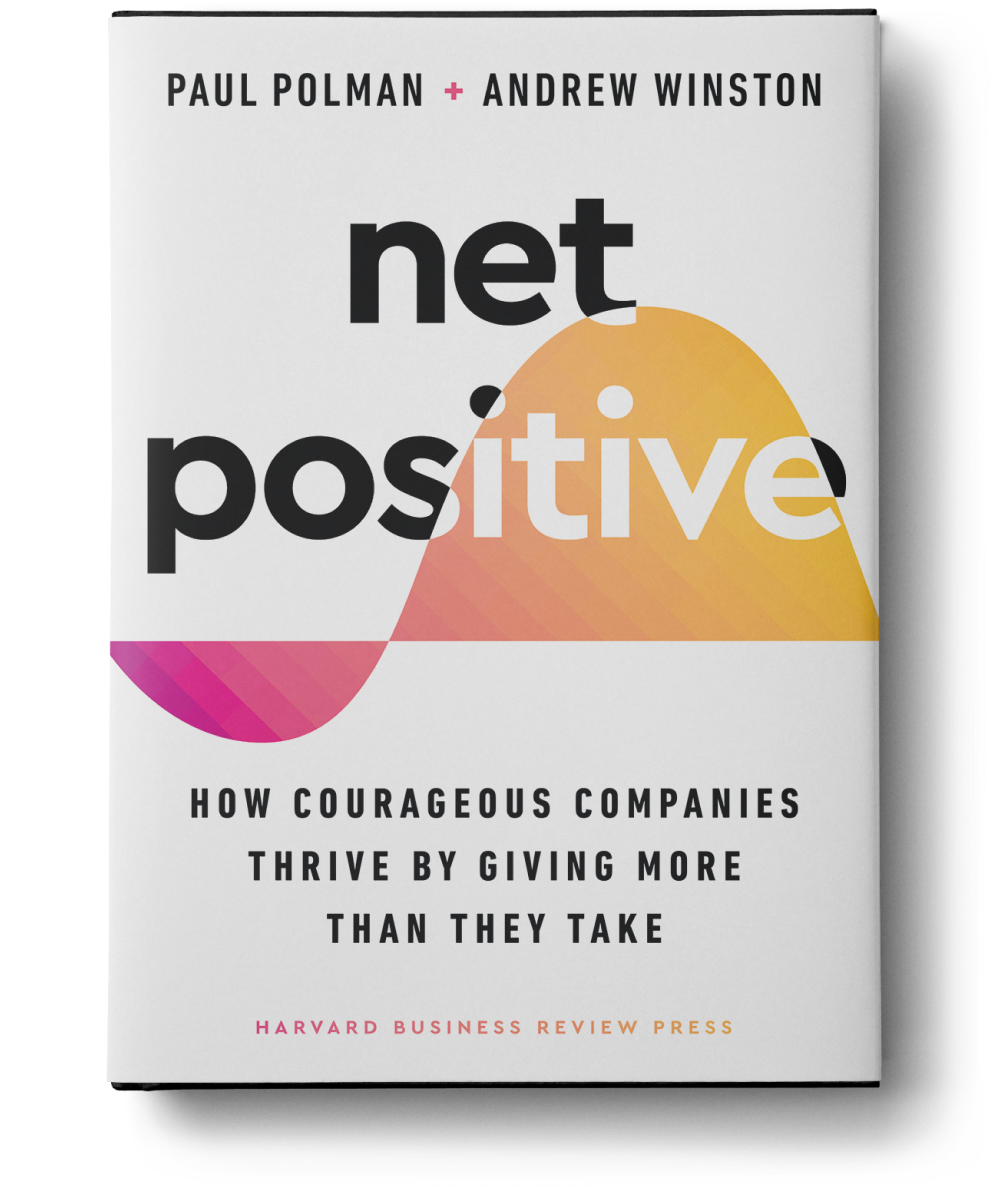As President Putin intensifies his unprovoked invasion of Ukraine, millions are fleeing. The vast majority are women and children and the UNHCR warns many are unaccompanied minors. We’ve never seen such a fast exodus of people at this scale. European security and the wider international order have been plunged into chaos, violence and humanitarian disaster. The basic human values of safety and freedom are under attack and these extraordinary events demand an extraordinary response.
For the most part, governments have so far reacted with surprising speed and unity, seeking to weaken and isolate the Kremlin through a barrage of economic sanctions. When the COVID-19 pandemic first hit, governments were tragically slow to respond while many businesses mobilised fast, for instance rushing to produce ventilators and masks. This time we’ve seen the reverse: many companies were caught off-guard.
A growing number are thankfully now responding. Some with the minimum: a statement, a promise to protect employees in the region, an aid donation. Others more forcefully. BP and Shell are exiting their investments in Russia. Consumer brands from Nike to Apple, Ikea and Volkswagen have stopped shipping or selling their products, while Microsoft, Google and Facebook are curbing services. Maersk has halted cargo bookings to and from the country. BCG and other consultancies have dropped Russian clients. The announcements are coming in.
This matters. After Russia’s illegal annexation of Crimea in 2014 the international community largely looked the other way. We now know that doing so gave tacit permission to the President’s expansionist fantasies, contributing to the current assault on the people of Ukraine and the doctrine of national sovereignty. Leaders in politics and business must not make the same mistake again.
The truth is that many businesses will have to accept some disruption and cost. If a CEO who runs a big company operating in the region isn’t currently caught between emergency calls with their Board and candid conversations with their shareholders, frankly, they are probably not doing enough. This crisis isn’t the same as an earthquake or flood: you can’t just write a cheque and wait for the disaster relief teams to do their job. The entire rules-based global order on which stability rests and the commitment to democratic values are now under threat. The private sector has a clear duty and interest in rallying to their defence.
For CEOs of multinationals, this means condemning the invasion in the strongest possible terms and working with governments to support and implement broad, strong and consistent sanctions. It means asking how your business can significantly contribute to the massive humanitarian effort that is needed, from providing basic food, shelter and supplies in the immediate term to the eventual housing, education and jobs for the people whose livelihoods are being shattered. It means taking the appropriate and strong actions to ensure your company’s activities do not indirectly help the regime wage it’s war, either by filling the Kremlin’s war chest or shoring up its legitimacy.
As business leaders take these steps, we should support each other. I will be the first to criticise Shell over its contribution to climate change, but I equally commend the swift decision to divest from Russia. Where companies cut or weaken ties with the country, their competitors should resist the natural temptation to exploit whatever business opportunities this creates. This is not a moment to think about increasing market share.
The international bodies, laws and norms established to keep the peace after the Second World War have been rocked. The vital global agendas encapsulated in the United Nations Sustainable Development Goals – including tackling climate change, reducing inequality and ending conflict – are at grave risk of being deprioritised as the world once again grapples to contain war in Europe. President Putin wants to derail international cooperation, but the dire situation he has created only underlines the need to accelerate our work to create a safer, greener, more equitable and thus more stable world.
No matter how the invasion plays out, we will inevitably be faced with a dangerous new geopolitical reality. The fragility of global stability has been exposed and our multilateral system is being put under severe stress. Energy security, food security, climate security – these agendas have become more urgent, not less. So too has action to resolve the conflicts and human rights abuses occurring in other parts of the world, such as in Syria, Yemen and Afghanistan.
None of this can happen without business. Stopping the military offensive in Ukraine and helping the millions affected are the first priority, and through strong, consistent and aligned action the global private sector can put its muscle towards renewing and strengthening the institutions, standards and common values that are fundamental to lasting peace and shared prosperity. One way of doing this will be to help Ukraine and other nearby nations solidify their place in the European family. Georgia and Moldova have echoed Ukraine’s request for accelerated accession to the European Union. Business can partner with these and other states as they work to develop legal, political and economic systems which meet European standards. More broadly, business can advocate for continued cooperation and the widest possible partnerships on our shared, global challenges. Doing so can create incentives for China and others to step up their presence at the international table and dilute support for Russian aggression
Nobody wanted this war but now we must use it to find each other, and to deepen our commitment to working together on the challenges none of us can solve alone. The Ukrainian people are showing breath-taking courage and solidarity in the face of terrifying brutality. Business, too, must rise to the moment, pushing ourselves to do whatever is required of us to help restore stability, uphold basic human values and strengthen the cooperation on which all our futures depend.
